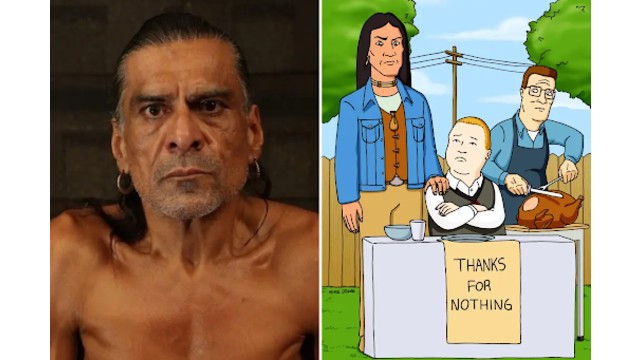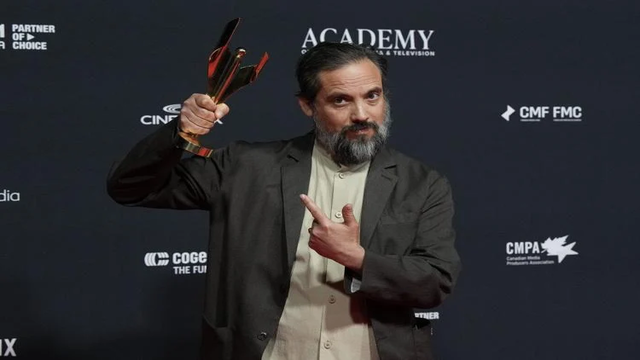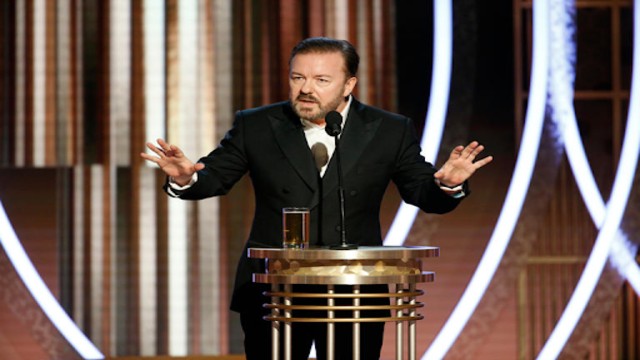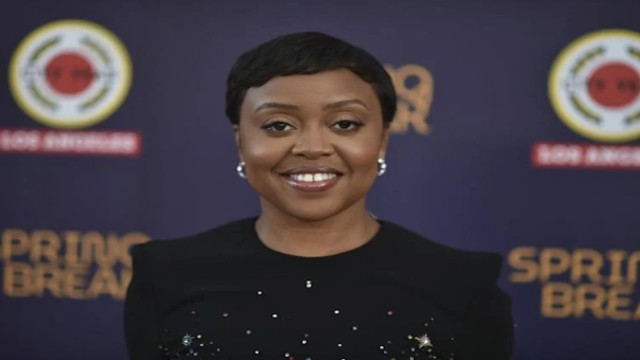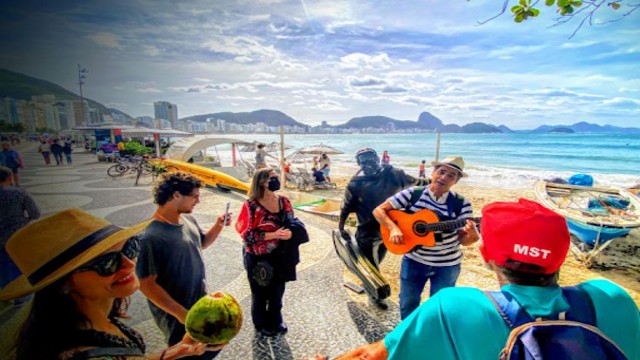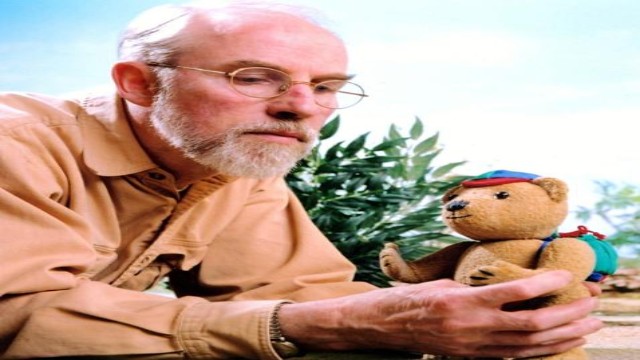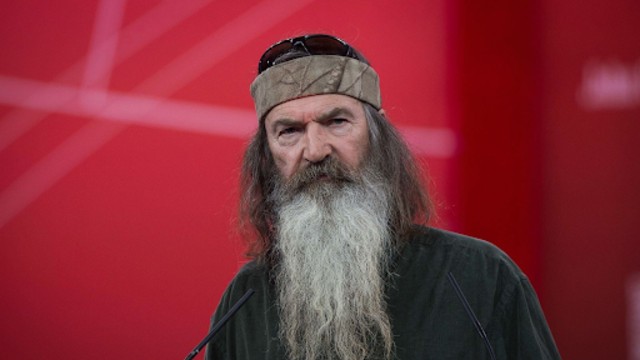
Anne Michaels accepts the Giller Prize for her book ‘Held’ at a ceremony in Toronto, Nov 18, 2024. The Canadian Press/Chris Young.
On Monday evening, renowned poet and novelist Anne Michaels called for “unity” within Canada’s arts community as she accepted the prestigious Giller Prize. Her acceptance was marked by controversy, as several prominent Canadian authors had boycotted the award due to its sponsors' connections to Israel.
Michaels won the $100,000 fiction prize for her novel Held, a multigenerational story that explores themes of war and trauma over more than a century. The jury praised the book as a profound and captivating exploration of mortality, resilience, and human desires.
During her speech, Michaels acknowledged the impressive growth of Canadian literature in recent years, calling it “one phenomenal assertion.” She emphasized the importance of unity not just within individual communities, but across the entire arts sector, urging for stronger alliances. This sentiment was met with enthusiastic applause from the crowd gathered in a Toronto hotel ballroom.
Despite the controversy surrounding the award’s sponsorship, the ceremony proceeded without disruption, a stark contrast to last year’s event, which saw protests from pro-Palestinian demonstrators. These protests, fueled by opposition to the Giller Foundation’s financial ties to companies with links to Israel, led to calls for a boycott of the prize. This year, dozens of authors withdrew their books from contention, while demonstrators continued to demand that sponsors like Scotiabank sever ties with Israeli entities, such as the arms manufacturer Elbit Systems.
In response to the ongoing protests, the ceremony was pre-recorded, unlike previous years when it aired live on CBC. Speakers avoided directly addressing the protests, though some acknowledged the tensions that had arisen. Ian Williams, the 2019 Giller Prize winner, reminded the audience that while the world had changed in significant ways, the Giller Prize’s commitment to supporting Canadian fiction remained unwavering.
Outside the Park Hyatt hotel, protesters set up their own “counter-gala,” complete with a red carpet and readings of works by Palestinian authors. Noor Naga, a former Giller nominee, explained that the protest was aimed at drawing attention to what they called the "art-washing" of ongoing Palestinian suffering. Naga and her group, CanLit Responds, also targeted other award sponsors, including Indigo and the Azrieli Foundation, citing their connections to Israeli businesses involved in controversial activities.
Security was heightened at the event, with police managing traffic outside the hotel amid the protests.
Inside, the guest list included notable figures like former Toronto Mayor John Tory, Indigo CEO Heather Reisman, and soprano Measha Brueggergosman-Lee. Elana Rabinovitch, executive director of the Giller Foundation and daughter of the prize’s founder, addressed the crowd, acknowledging the year’s challenges and divisions but reaffirming the prize’s core mission: recognizing and celebrating Canadian fiction.
Michaels, who has had a long and distinguished career, reflected on the themes in her book during her speech. Held is her third novel, following Fugitive Pieces (1996) and The Winter Vault (2009). The novel, which was also shortlisted for this year’s Booker Prize, is structured in non-linear sections that gradually reveal the story of a family across generations. Michaels described her writing as a form of witness, pushing against indifference and the erasure of history.
The evening also saw renewed criticism from former Giller Prize winner Madeleine Thien, who publicly severed ties with the award over its ongoing association with Scotiabank. Thien, who won in 2016 for Do Not Say We Have Nothing, expressed her disappointment with the Giller Foundation's stance and announced she would no longer support the prize.
In addition to the winner, the other finalists for the Giller Prize each received a $10,000 honorarium. They included Anne Fleming for Curiosities, Conor Kerr for Prairie Edge, Deepa Rajagopalan for Peacocks of Instagram, and Eric Chacour for What I Know About You, a French-to-English translation by Pablo Strauss.


